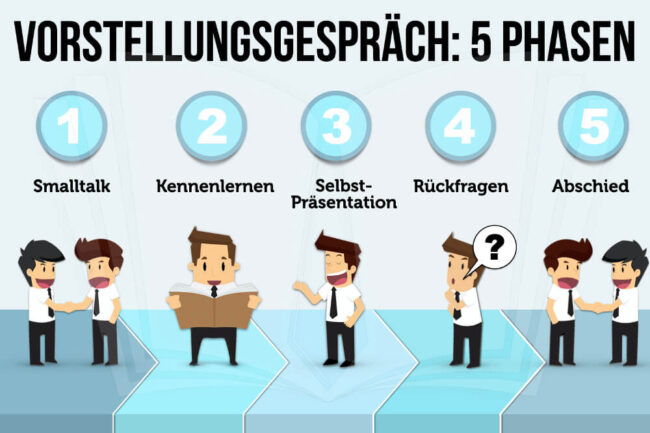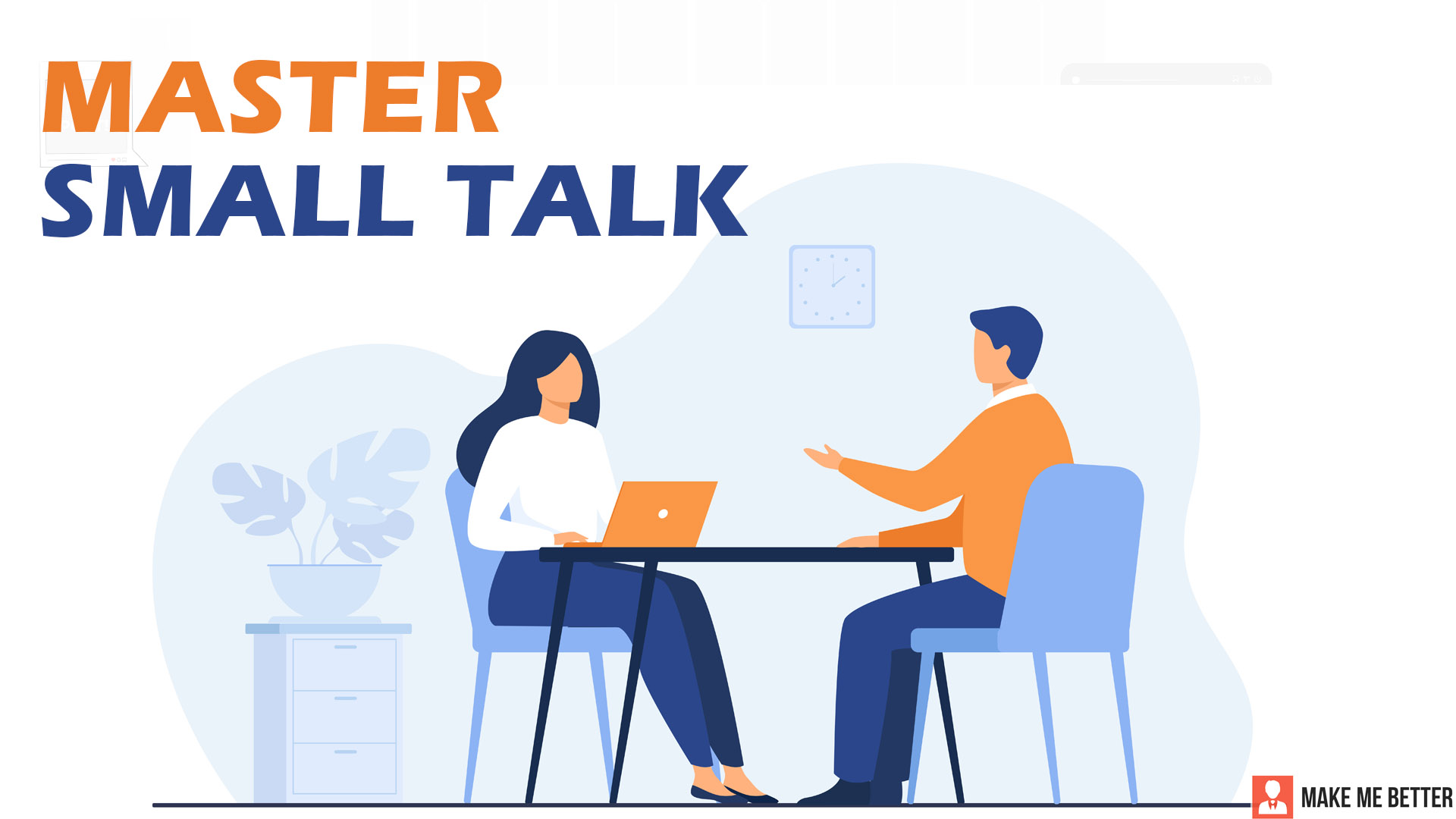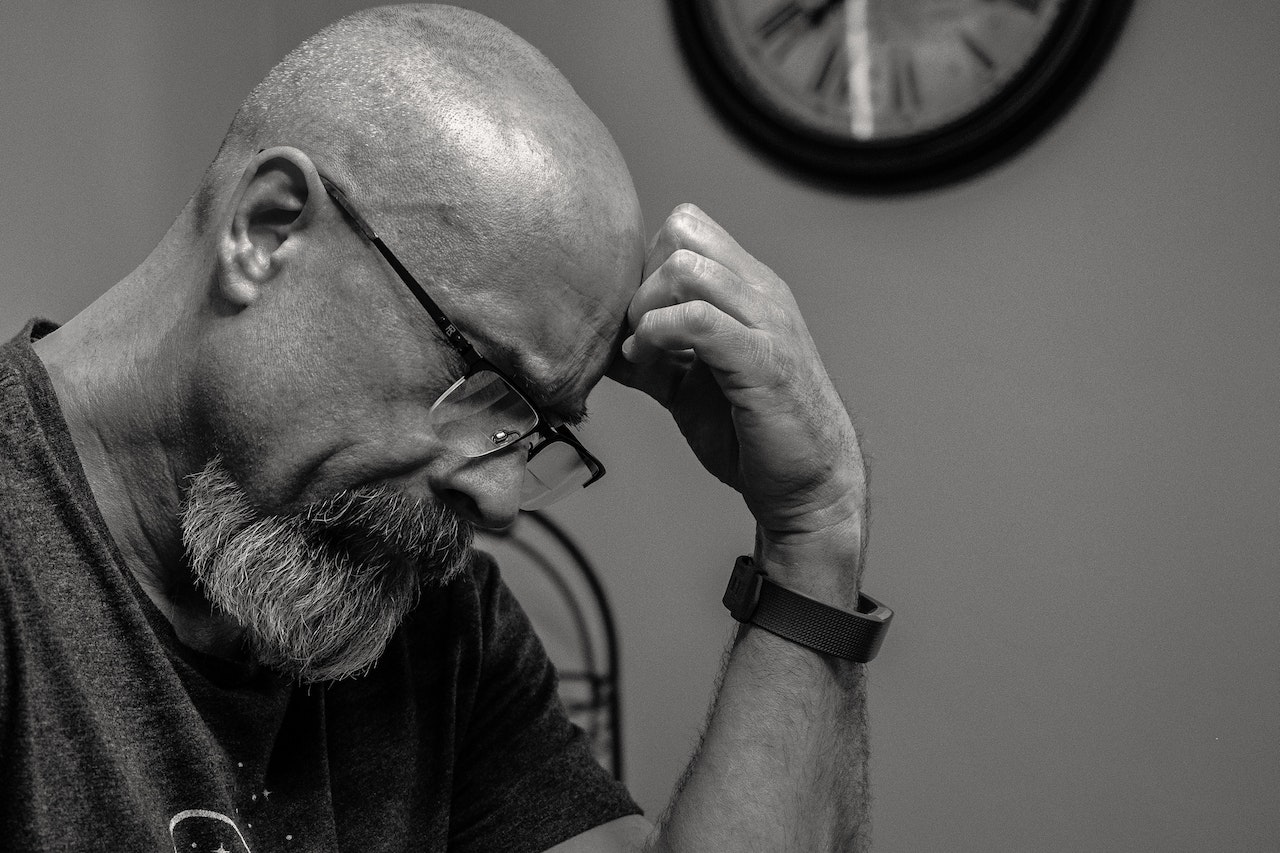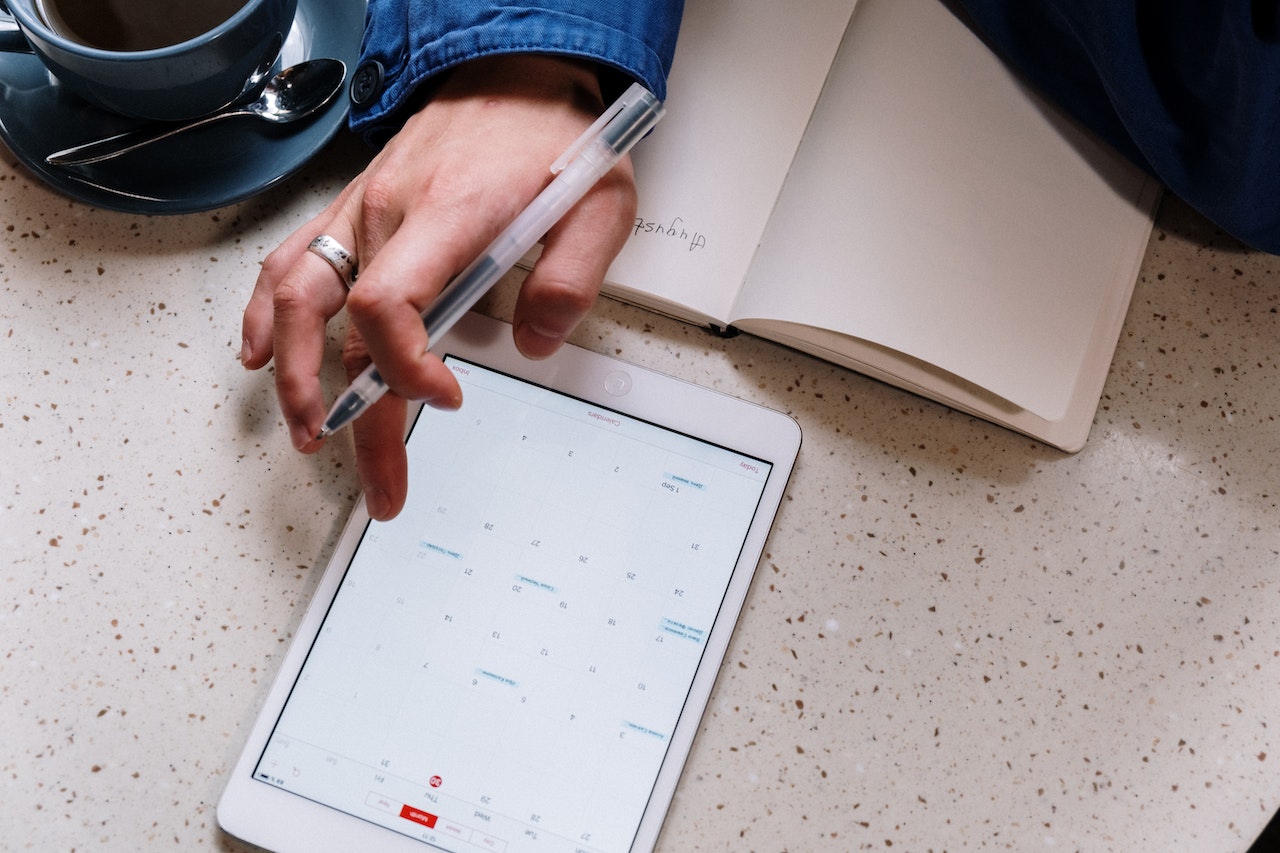How to win an interview in the first 5 minutes
Published

The first few moments of your interview can have a significant impact on how well the rest of the conversation goes. Here's how to get off to a good start - along with some cautionary tales from real interviewers about what not to do...
1. Remember that the interview starts as soon as you leave the house

The process of an interview - source: karrierebidel.de
The job interview begins long before you shake hands and sit down at the table. You never know who you'll meet when you get off the bus or train or enter the company building - the person you're talking to could be standing in the same line at the coffee bar as you. So make sure that you present a friendly, confident and professional demeanor right from the start.
No doubt you made sure to arrive early. Give yourself a break and make sure you have consumed enough fluids. Chat with the receptionist, turn off your phone, and survey your surroundings - you might notice something that will be a useful topic for small talk later. Don't try to squeeze in any last-minute facts - you want to appear calm and organized, not agitated and unprepared.
What not to do:
I once overheard someone standing outside our building, smoking furiously, complaining loudly on the phone about the early start time of his meeting and wondering aloud why he was even there. As I get to my next one job interview When I arrived, I discovered to my horror that the loud complainer was my next suitor! Not a good start...'
2. Treat everyone you meet like the person you're talking to
Be sure to speak to everyone you meet during the interview meet people, be polite and friendly. From how you're greeted by the receptionist, to the people you share an elevator with, to walking through an open-plan office to reach your meeting room... These are all touchpoints with your potential future employer, and employees often follow up pass on their impressions of visitors. So you want everyone who comes into contact with you to see you in the most positive light possible.
What you shouldn't do:
It is important to me that I greet applicants personally. Once a candidate assumed I was his assistant, treated me very rudely, and rudely asked me to get him a drink. They got quite a shock when they saw that I was leading the discussion! But what disappointed me most was the idea that it was appropriate to treat employees at any level this way.
3. Make a strong first impression

What they should and shouldn't do - Source: freepik.com
$First impressions count, and nonverbal cues are even more important than verbal ones. So in the first few minutes it's important to smile confidently, shake your hand firmly, make eye contact and generally look like you're happy to be here and want the job. Lean forward slightly, furrow your eyebrows slightly, and wait until you are asked to sit. Show energy, enthusiasm and interest in everything you do.
Try to match your clothing style to that of the company you are interviewing with. You can get a good overview of the company's typical dress code, especially its work culture, on the company's website and social media. You want to exude personality and charisma, but you also want to seem like you would be a good fit for the company, so when in doubt, dress more formally.
What not to do:
One candidate I interviewed asked for a glass of water while he waited. It was freezing cold and he must have spilled it just before we met, so my first impression was a very wet, cold handshake. So always hold your drink in your left hand!'
4. Be ready for small talk
If you approach small talk correctly (or incorrectly), it can have big consequences. This is how people build relationships and liking and begin to create the elusive, intangible "chemistry" that characterizes all effective business relationships.
When preparing for a job interview It therefore makes sense to think in advance about possible topics that could arise so that the conversation runs smoothly. The most important thing is that you find topics that you have a common interest in so that you are able to ask and answer credible questions.

Mastering Small Talk - Source: makemebetter.net
For example, if you see a picture of your interviewer's family, you might be able to ask about them - and share an anecdote from your own family. Or if you're a sports fan and see signs that the person you're talking to is one too, perhaps you could ask a relevant question that also has an interesting answer ("Do you ever go to the games?" "Who will this year?" win the cup?" etc.).
Also think about current topics. For example, has your potential employer been in the news lately? Or you could ask about the possible impact of a current development on the company, e.g. B. Brexit, falling share prices or a serious malware attack? In any case, make sure that you have an interesting thought to contribute yourself.
What not to do:
An applicant I recently dated job interview led, constantly asking me questions about my family, the job, the company, current events - you name it. But he didn't have much to say himself and didn't really wait for my answer before asking the next question, so he seemed rather anxious and distracted.
5. Be involved from the start
Politicians trained to deal with the media are always advised to formulate a maximum of three key messages that they should stick to and repeat throughout the interview.
Similarly, it's a good idea to make two or three key statements about what you have to offer and what you're looking for - for example: "I'm up for the challenge of leading a team", "I combine compliance experience with technical expertise", "During my career I have developed extensive skills in the area of digital transformation".
These are the three most important points that you want your interviewer to remember. So try to incorporate these points as naturally as possible, even in the first few minutes. It is also important that you have an answer to some of the most common questions asked at the beginning of the conversation, e.g. B. “Why do you want this job?” and “What do you understand by this position?”.
What not to do:
I always start by asking applicants to explain what our company does. It's amazing how many people struggle with this question, perhaps because they have several issues interviews attending one after the other and not taking the time to do much research. However, if you do not give the impression that you have a thorough knowledge of the company and the reasons for hiring you, the interviewer can only come to the conclusion that you are not really interested in the position.








